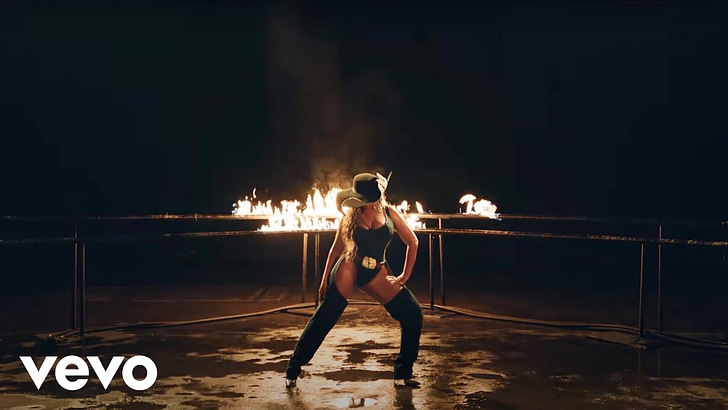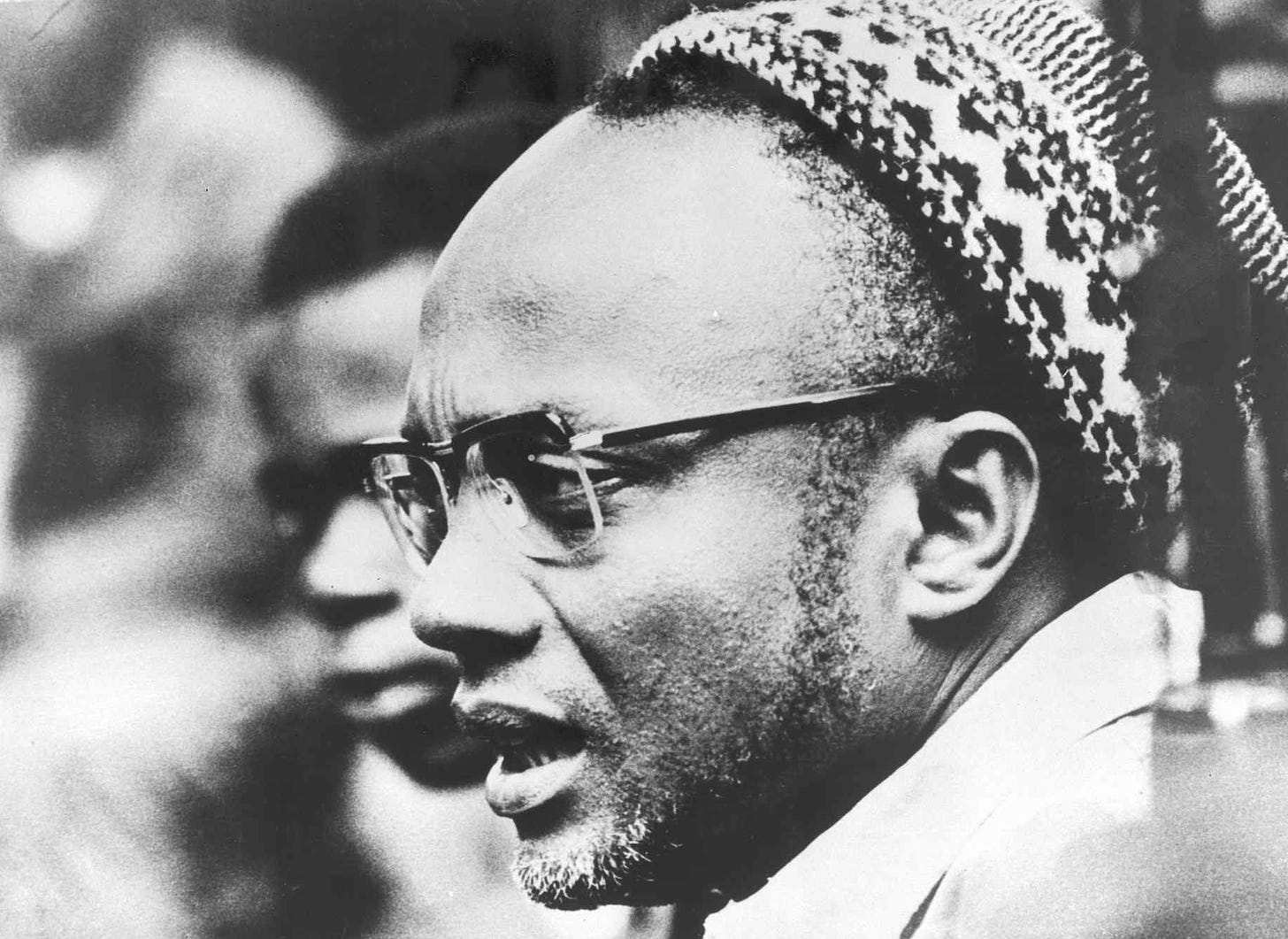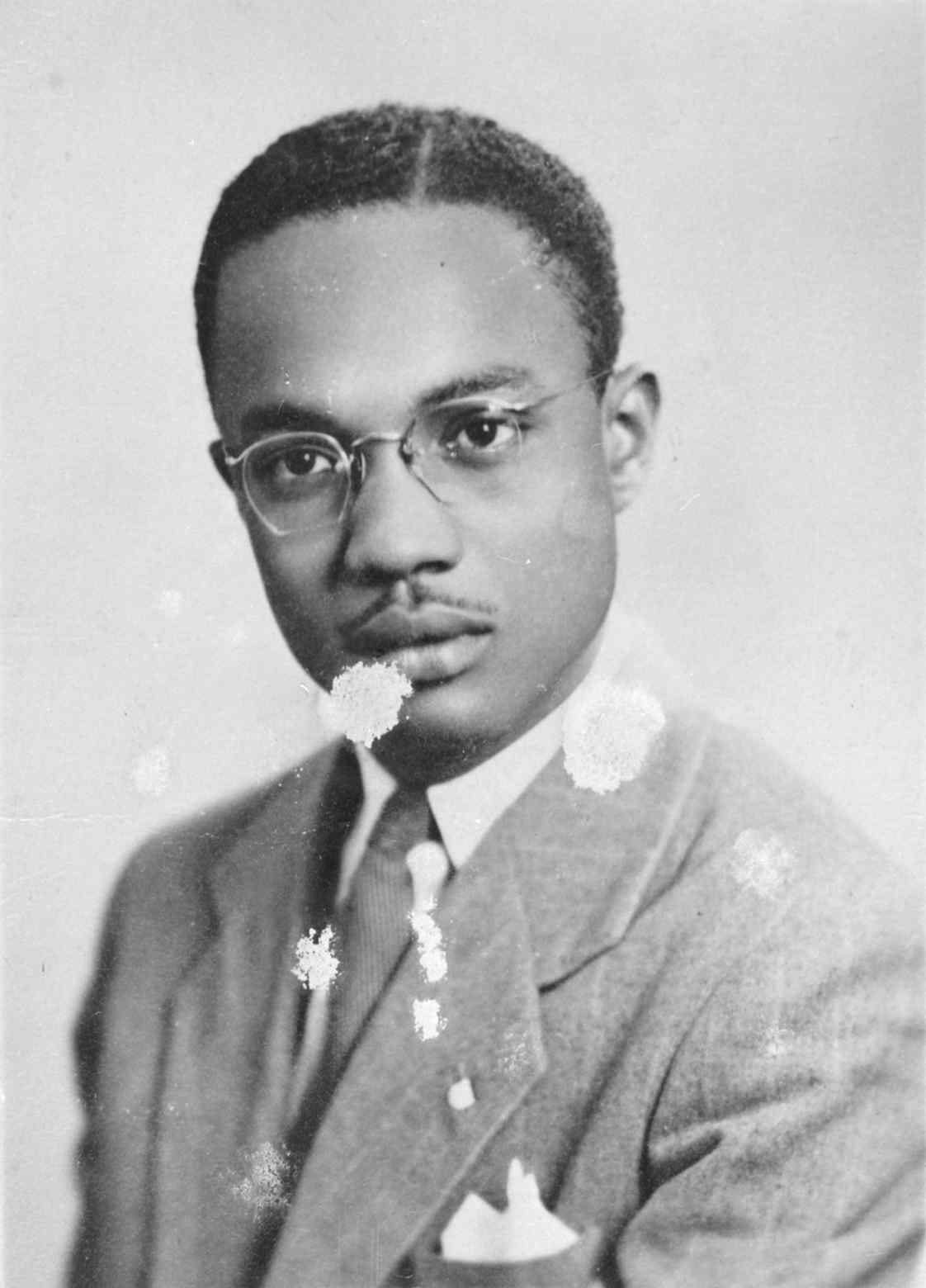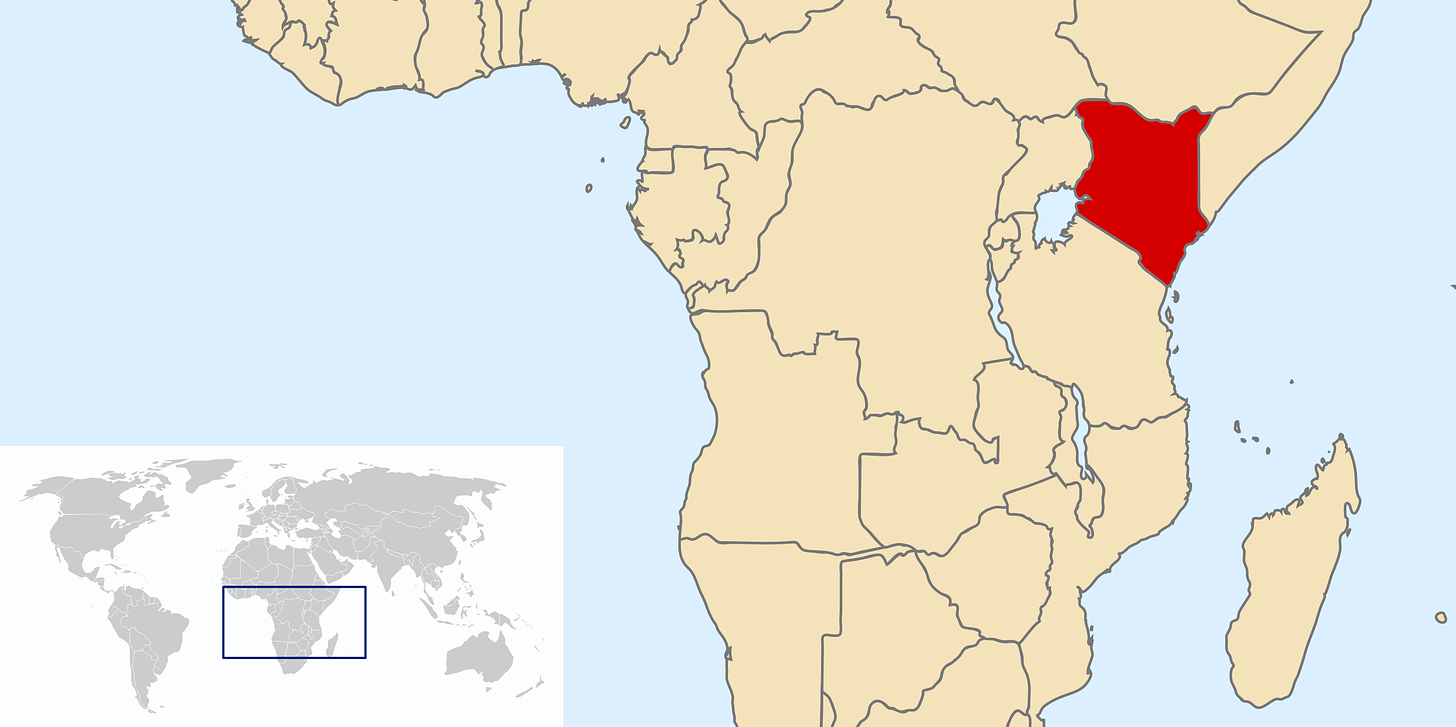🔅 Beyoncé's African Connection
From Banjo Roots to Revolutionary Tales: Africa's Untold Stories
Photo of the Day

Market Mondays
🔴 Johannesburg SE: 73,363.56 (-4.59%)
🟢 Nigerian SE: 99,539.75 (+33.12%)
🟢 Nairobi SE: 106.60 (+15.73%)
🟢 Ghana SE: 3,504.34 (+11.95%)
🟢 US S&P 500: 4,967.23 (+4.73%)
🟢 Shanghai Composite: 3,065.26 (+3.48%)
Zimbabwe's New Currency ZiG Zags Ahead: Zimbabwe's latest attempt at a functioning local currency, the ZiG, which is linked to the price of gold, is gaining strength as more companies switch their payment systems to the unit.
Zambia is facing its worst drought, and its President is appealing for $900 million in emergency help. The drought is expected to reduce corn production by two-thirds and cut the country's projected economic growth by half.
The IMF says South Africa needs to implement a debt ceiling to contain increasing indebtedness. With public debt projected to reach 86% of GDP by 2029, it says it's time for South Africa to put a lid on it.
Nigeria's currency has jumped almost 40% against the dollar since mid-March, making it the world's best performer, thanks to increased demand for the nation's assets after the central bank ramped up interest rates.
*Data accurate as of the close of markets across the continent
Spotlight Stories
Beyoncé's Banjo Bonanza: Uncovering the African Roots of an American Icon
Beyoncé's latest hit, "Texas Hold 'Em," from her wildly popular "Cowboy Carter" album, features an instrument she had never emphasized before: the banjo, an instrument with roots that run deep in Africa.
Enter Rhiannon Giddens, the Black American musician and Pulitzer Prize winner who's been on a mission to correct the banjo's narrative and shine a light on its African origins. Giddens, who plays the banjo on Beyoncé's album, is part of a group of musicians and musicologists who have been digging into the instrument's history and its important place in the Black music legacy.
In her video series, "Uncovering the history of the Banjo with Rhiannon Giddens: From African Roots to American Music," Giddens takes viewers on a global journey, with Gambian akonting player Laemouahuma Daniel Jatta as a central source. Jatta has demonstrated that the akonting, a three-stringed instrument from West Africa, is a more direct ancestor of the banjo than any other possible contender.
Jatta's advocacy for his instrument's connection to the banjo received a platform on NPR back in 2011, where he described how his akonting resembled what he saw and heard from American country banjo players while studying in South Carolina. But it's not just the look of the instrument that's convincing – it's how it's played.
Players use the index finger to strike down on one of the long strings, and the thumb sounds the akonting's short string as the hand moves back upward. When Jatta looked at early banjo instruction books from the mid-1800s, he found that they described an almost identical playing style. Talk about a smoking gun!
If you want to learn more about this fascinating story, check out this NPR article – it's a real toe-tapper!
A Revolutionary Tale, 50 Years in the Making: The Amilcar Cabral Documentary
Attention all history buffs, cinephiles, and supporters of the underdog! Have you ever heard of Amilcar Cabral? No? Well, you're about to, because this revolutionary leader's story is finally getting the documentary treatment it deserves, and you can be a part of making it happen.
Cabral may have led the independence war for two small West African countries, but his political brilliance and strategic resistance hold lessons about liberation for the entire world. And get this – at the dawn of the independence struggle in the 1960s, Cabral had the foresight to entrust a handful of young Guinean men with the task of documenting and telling this unique and valuable story through cinema.
These young men were sent to Cuba to learn about filmmaking while the struggle was being fought, and as the war still raged, Cabral told them to start their important cinematic documentation. The plan was for Cabral to meet with them later that year and put together the film that would tell the story of their small country's win over colonial oppression.
But tragedy struck, and Cabral was murdered months before their scheduled meeting, and the film never happened.
Fast forward 50 years, and the filmmakers – now decades older than their hero was when he was killed – are hoping to finally tell the story Cabral entrusted them with all those years ago.
And that's where you come in.
This Kickstarter campaign has already raised half of its goal, but it needs your help to cross the finish line. By chipping into this good cause, you'll not only be supporting a unique and valuable piece of history, but you'll also be honouring the legacy of a revolutionary leader who fought for freedom and justice.
Plus, think of the bragging rights you'll have when the documentary finally comes out. You'll be able to say, "Oh, that Amilcar Cabral documentary? Yeah, I helped make that happen."
Kenya's Military Chief Dies in Helicopter Crash
Kenya's military chief Gen Francis Ogolla and nine others lost their lives in a helicopter crash last week. The cause of the crash, which occurred shortly after takeoff in the north-west of the country, is still under investigation by a team sent by the government.
Gen Ogolla, who was appointed as Kenya's Chief of Defence Forces just last year, was among the 12 occupants of the ill-fated military aircraft.
President William Ruto, who announced three days of national mourning, described the deaths as a "moment of great sadness" for the country. He praised Gen Ogolla as a gallant officer who had died in the line of duty, saying, "Our motherland has lost one of her most valiant generals, gallant officers, service men and women."
Gen Ogolla, who was set to mark 40 years in the military next week, had a distinguished career that began in 1984 when he joined the Kenya Defence Forces as a 2nd lieutenant in the country's air force. He trained as a fighter pilot with the US air force and later became the commander of the air force in 2018.
Interestingly, President Ruto revealed that he had appointed Gen Ogolla as the army chief "against the advice of many people," as the general was among a group who allegedly tried to influence the 2022 presidential election results.
This is the first time a Kenyan military chief has died in office, and Gen Ogolla was due to retire next year.
He and the officers had been on a mission to reopen schools closed due to bandit attacks in Kenya's North Rift region and to visit military officers deployed to stabilize the area. The region has been plagued by banditry.
Food for Thought
“He who is unable to dance says that the yard is stony."
— Maasai Proverb





